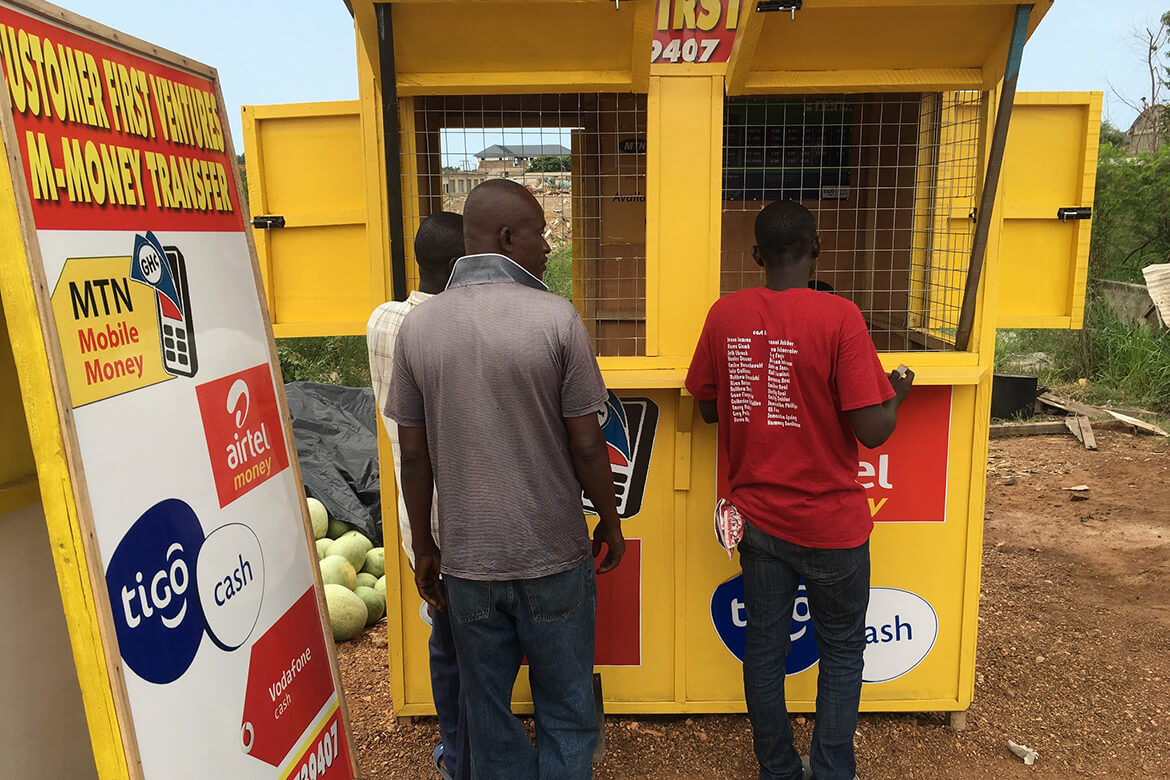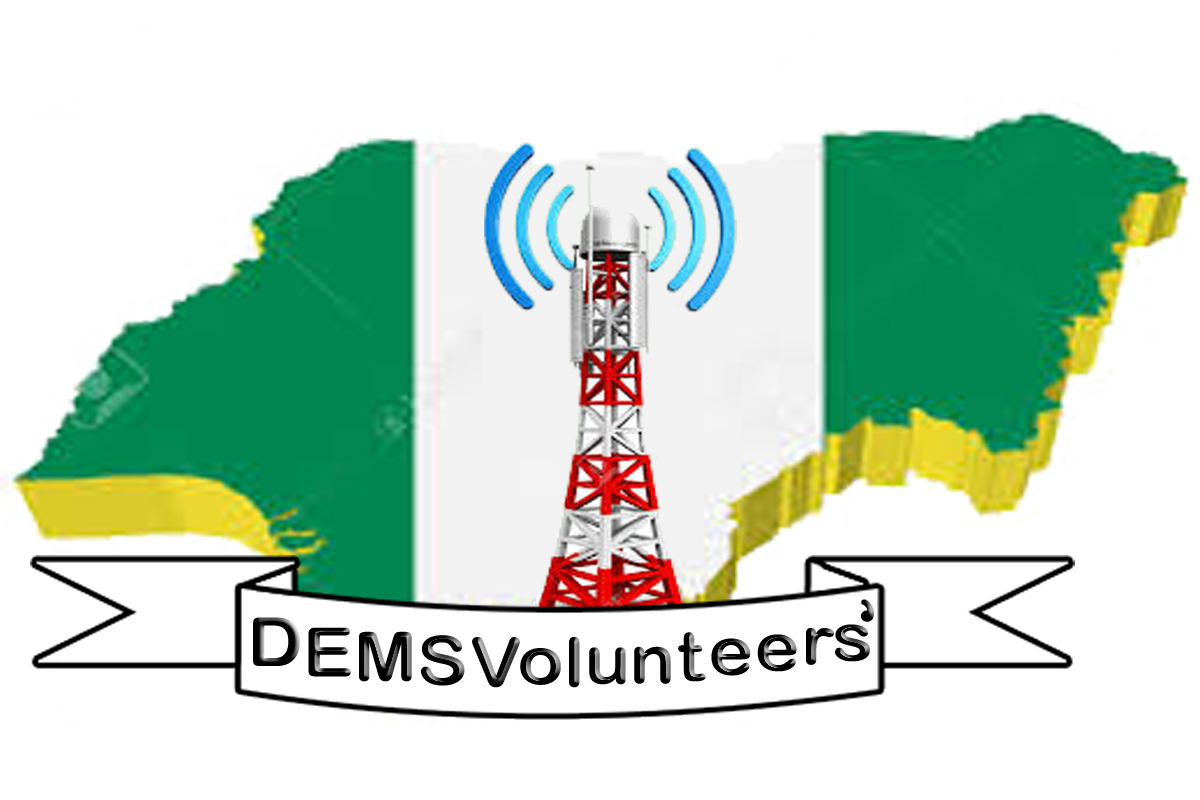Mobile Money (MoMo), a mobile payment system that allows for easy transactions even among rural people, has helped Ghana to exceed its financial inclusion target of reaching the adult population by 85 per cent by 2023. MoMo was facilitated by leading continental telecoms giant, MTN across African economies to drive financial inclusion in both urban and rural settings.
Out of the 19.73 million adult population (15 years and above) served collectively by banks and non-bank financial institutions (NBFIs), MoMo accounts for 65 per cent of the 95 per cent, the 2021 Demand Side Survey (DSS) has shown.
However, the study, conducted by FinMark for the Ministry of Finance, found that about 5.9 million adult Ghanaians were yet to have access to financial services.
It was supported by the World Bank, Ghana Statistical Service (GSS), representatives from various government institutions, private sector actors and development partners.
The adult population consists of 19 per cent of people who had no formal education, 12 per cent with primary education, secondary education – 57 per cent, vocational/specialised training – four per cent and tertiary education – eight per cent.
In an interview with the Ghana News Agency, in Accra, Mr Bobby Berkowitz, a Senior Analytics Specialist with FinMark, said the findings showed that Ghana’s financial sector had transformed.
As of 2010, Ghana’s adult financial exclusion – people who either saved at home, borrowed from family and friends and sent or received money personally rather than using formal or informal financial services stood at 44 per cent.
Meanwhile, the DSS report showed that as of 2021, financial exclusion among adult Ghanaians stood at four per cent, and “the big transformation has been mobile money,” Mr Berkowitz, said.
He said that was because, “Mobile money is accessible. It’s very easy for people to go to a mobile money agent. It’s also affordable and makes a big difference for Ghanaians to send money and receive money from friends and family.”
Mr John Kumah, the Deputy Minister of Finance, who spoke at the launch of the survey report, said the findings showed that, “Mobile Money is a game changer in deepening inclusion and reducing financial exclusion.”
Mr Kumah said: “Ghana has the lowest financial exclusion at four per cent down from 44 per cent in 2010 as compared to South Africa (six per cent), Nigeria (35 per cent), Cameroon (36 per cent), Togo (40 per cent), Tanzania (36 per cent) and Namibia (22 per cent).”
He said financial inclusion remained a priority of the government, hence, the development of the National Financial Inclusion and Development Strategy (NFIDS), which is aimed at increasing financial services access to help create economic opportunities and lower poverty.
He also said the government would use the survey report as a benchmark for future reference to develop evidence-based policies and chart the way forward for higher financial inclusion.









